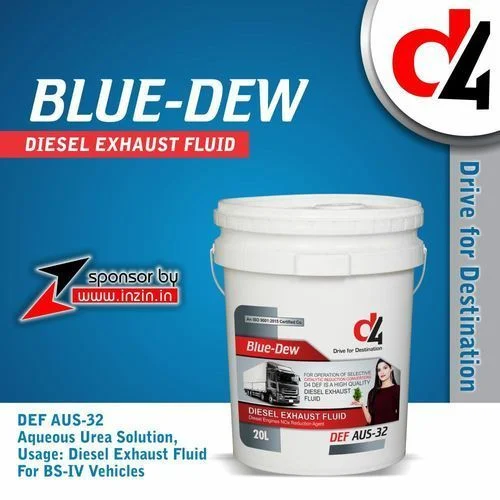In the ever-evolving landscape of automotive technology, one component has emerged as a key player in reducing harmful emissions and ensuring compliance with stringent environmental regulations – diesel exhaust fluid def (DEF). As governments around the world continue to prioritize cleaner air and sustainable practices, DEF has become an indispensable solution for diesel engines. In this blog post, we’ll explore what DEF is, how it works, and its significance in the automotive industry.
Understanding Diesel Exhaust Fluid (DEF):
Diesel Exhaust Fluid, commonly known as DEF, is a non-toxic, colorless, and odorless solution comprising 32.5% urea and 67.5% deionized water. It is injected into the exhaust stream of diesel engines to reduce nitrogen oxide (NOx) emissions, a major contributor to air pollution. DEF undergoes a chemical reaction with the harmful emissions in the exhaust, converting them into harmless nitrogen and water vapor.
How DEF Works:
The DEF system works in conjunction with Selective Catalytic Reduction (SCR) technology, a proven method for controlling NOx emissions. When the diesel exhaust passes through the SCR catalyst, DEF is injected into the exhaust stream. The heat from the exhaust causes DEF to decompose into ammonia and carbon dioxide. The ammonia then reacts with the NOx in the catalyst, breaking it down into nitrogen and water vapor.
Benefits of Using DEF:
- Emission Reduction: The primary benefit of DEF is its role in reducing harmful emissions, particularly nitrogen oxides. This not only helps vehicles comply with emission standards but also contributes to cleaner air and a healthier environment.
- Fuel Efficiency: The use of DEF and SCR technology can enhance fuel efficiency in diesel engines. By optimizing combustion and reducing NOx emissions, vehicles may experience improved fuel consumption.
- Regulatory Compliance: Many countries and regions have implemented strict emission standards for vehicles. DEF is a crucial component for diesel engines to meet these regulations, allowing vehicle manufacturers and operators to comply with legal requirements.
- Engine Longevity: By reducing the formation of harmful deposits in the engine, DEF contributes to the longevity and reliability of diesel engines. This, in turn, can lead to lower maintenance costs and extended engine life.
- Global Applicability: DEF is widely adopted globally, making it a standardized solution for diesel engines. This ensures compatibility and availability of the fluid for vehicles operating in various regions.
